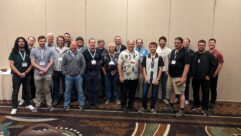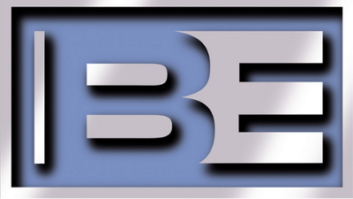
The owner of an FM translator in Philadelphia has filed a petition for rulemaking with the FCC seeking a “rebalancing of the equities in the FM translator rules” so that radio service provided by fill-in translators is not “forestalled or removed by distant radio stations far outside” a local radio market.
Aztec Capital Partners Inc. wants to rebroadcast Spanish-language programming from WHAT(AM) on a fill-in translator at 92.1 MHz. However, a complaint lodged by Clear Communications Inc. alleges potential interference with its full-power Class A FM, WVLT, on the same frequency in southern New Jersey approximately 50 miles away, according to the petitioner.
“Clear Communications is attempting to extend its signal into the Philadelphia metro area claiming listeners far outside its community of license and service area,” Aztec Capital Partners wrote in its petition. “These filings allege interference to at most several dozen purported distant listeners in the Philadelphia metro area.”
FM translators are considered secondary services and typically are forced to leave the air until interference complaints with full-time stations can be resolved.
Art Camiolo, general manager of El Zol Media, a subsidiary of Aztec Capital Partners, said listeners of a local FM translator deserve some consideration when the FCC looks into interference complaints. “We want to serve the local Latino audience in Philadelphia. We are not saying full-power stations don’t deserve protection, but there really should be some relief for the owners of FM translators targeted by distant owners claiming interference,” he said, “especially when our goal is the local revitalization of radio.”
The petitioner is requesting the FCC commence a rulemaking to modify Sections 74.1203 and 74.1204 of the FM translator rules so that interference complaints by distant full-power radio stations against a fill-in translator from outside a local radio market cannot result in the translator being removed from the air.
“No change is requested in the secondary status of FM translators and no change is requested in the applicability of the rule to ‘other area’ FM translators,” the petition states. “The changes in Sections 74.1203 and 74.1204 are requested to protect local radio listeners in the primary station’s community of license and service area against a loss of service precipitated by an out-of-market radio station seeking to claim distant radio listeners far outside its service area.”
Aztec believes local radio service provided by an FM translator should not be shut down by the FCC unless there is a “significant public interest reason to do so, and the public would be significantly served by such a loss of service.”
It wrote, “We believe that there has been a fundamental shift in the nature of FM translators in that they now provide AM revitalization lifelines and diverse HD subchannel programming to local radio listeners. FCC policy and rules have not adjusted.”
Camiolo says his company never signed on the 92.1 MHz fill-in translator, which was licensed by the FCC in early 2016, out of respect for the concerns of Clear Communications.
“(Clear Communications) solicited on air for listeners to respond with concerns about potential interference. We went so far as to offer to move our translator further from the New Jersey station in question, but when we filed a notice of the change, our request was tied up by the FCC because of the filings by Clear Communications,” Camiolo said.
The recent surge in the numbers of fill-in FM translators in the United States has some observers worried about the potential for an increase in the instances of interference. Since the beginning of 2016, more than 1,850 translators have commenced operations with new or modified facilities, according to the FCC. That includes several hundred translators that were moved significant distances in the 2016 AM revitalization windows.
There were 7,253 FM translators licensed in the United States at the end of 2016, according to FCC data.












